Do you remember when you’d get a card or a note from Baraka?
If you’re smiling right now, you’re probably remembering a time you dashed off a quick note or text to Baraka and got back a couple sides of solid text in return.
Baraka believed in the long read. You corresponded with Baraka.
Baraka always founds the right words. Her words were her own. They were never banal or boring, nor did she choose them cheaply.
Her words were extraordinary. And they were true.
Most of us don’t write anymore – we let our phones do it for us; it’s easy for a phone to predict what word comes next when every text we send is almost the same. But Baraka wrote. The Baraka I knew liked best to write in her own hand, with her own pen, in good ink, in that faultless copperplate.
Poetry and to-do lists. Always more to do. Quotations that were important to her. Arabic and English calligraphy. Handwritten missives on postit notes. “Wonky calligraphy”, she called it in one of her notes to Somaiya. She must have spent hundreds of hours on that immaculate handwriting.
I think Baraka liked it when she could reach out and touch the words. When she typed, she preferred the buttons of an old Blackberry to modern smartphone glass.
Seeing her handwriting again is wonderful, and it’s a punch to the gut and it’s both of those things.
Baraka read. She read everything she could get her hands on, and she wondered about what it meant. Baraka listened. She listened to everyone and she asked questions that would turn you on your head and then she made up her own mind and once her mind was made up, that was it.
I miss those questions so much. More than anyone I’ve ever met, she came to every subject without ego or pretension. She wanted to understand and because she never took anything or anyone for granted she made us want to understand too.
When Baraka got sick, she never looked for easy answers. It would have been so easy for her to have just been a patient. She could have been a passive victim, ministered to by remote professors with their regimes of too-complicated-to-explain pills and chemotherapy. In her place, I think that’s what I probably would have done. That would have been the easy thing to do.
That was never Baraka. Baraka made it her business to know the name of every pill and what it did, the small print of every treatment plan. She knew every consultant, junior doctor, nurse, every ward cook and cleaner – and because she was genuinely interested in them, they got to know her too. She was a partner in her treatment. She made the big choices.
She made herself a survivor. Baraka made superhuman her everyday. For so long, it was so easy to forget that she was sick. But when you saw Baraka out for a walk in the park, you were looking at a pearl diver holding their breath a hundred feet under the ocean; a sherpa climbing a Himalayan mountaintop without an oxygen tank; a veteran with their legs shot to pieces on the home stretch of a 26-mile marathon.
That was Baraka’s everyday. And when you asked how she was, she’d smile and tell you she was fine, by the grace of God. And then she’d ask how you were doing.
I don’t think Baraka believed in easy words, and I’ve tried to avoid them here. They will never be enough. She loved the big, complicated words that have lives of their own. She eschewed the bargain-basement adjectives, do-nothing verbs and empty superlatives that most of us make our everyday. That wasn’t her.
The way she wrote was the way she thought about things, the way she cared about people, the way she believed and practised her faith. She was a writer and so too did you have to be to keep up with her.
When Somaiya and I were married, Baraka gave us an Oxford English Dictionary as a gift and in it this dedication: “…may you find infinitely more meaning in your lives than can be derived from a mere dictionary.” Use it much, she said, think of us often and may all that you do be blessed always.
Amin, Baraka. With all of our love and prayers that go beyond words and cannot fade away.
